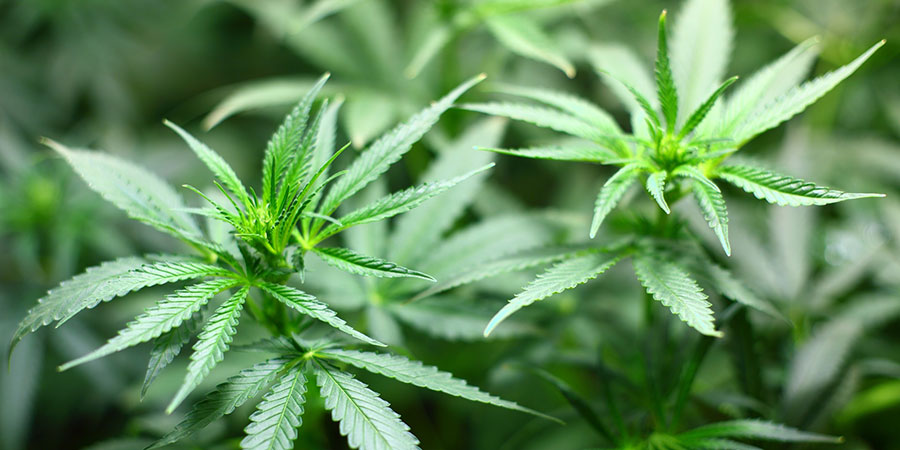Various countries and states worldwide have legalized CBD in the form of edibles, oils, creams, and more. People welcomed it for the medical and economic benefits. However, there is ongoing discourse on whether its legalization can lead to an increase in poverty and homelessness. I will provide an overview to shed light on this complex topic. For those exploring alternative cannabis products, the popularity of items like the Delta-8 THC pen continues to rise.
What We Know So Far
Aside from anecdotes and the widely spread propaganda that demonizes cannabis as a gateway drug, there is no scientific proof that links Cannabis use and homelessness. While cannabis is often blamed without evidence, it’s crucial to recognize that homelessness is deeply rooted in systemic issues. Pointing fingers at marijuana distracts from addressing fundamental problems such as income inequality and corporate greed. According to the article published by the National Coalition of the Homeless, the major factors for homelessness are:
1. Work Opportunities
Insecure jobs that don’t provide the income and benefits for a reasonable living standard. The lack of secure job opportunities exacerbates the issue, as many find themselves in precarious positions without the means to sustain a decent standard of living.
2. Decrease in Public Assistance
Policymakers either cut funding or let inflation decrease the value of welfare assistance programs due to a misguided idea that welfare for the needy may lead to over-dependency. The reduction in public assistance stems from flawed beliefs about dependency, but it’s essential to understand that this approach ignores the core problem and perpetuates the cycle of homelessness.
3. Lack of Affordable Housing and the Limited Scale of the Housing Assistance Program
Rising costs of rent that take up to 50% of a renter’s expenses, lack of government support and rent subsidies, and high demand and low availability of housing contribute to this problem. The housing crisis is multifaceted, involving exorbitant rents, insufficient government support, and a scarcity of affordable housing. Addressing these issues requires comprehensive solutions beyond blaming cannabis.

Benefits of Legalizing CBD and its Surprising Repercussions
Many businesses that cater to the production, distribution, research, and use of marijuana have sprung up. Growing alongside them are supporting industries while not directly handling CBD, providing the logistics, communications, and financial support that assist these businesses to grow. This, in turn, results in many jobs and an increase in tax revenue, which is very enticing to countries and states still on the fence.
However, the thriving cannabis industry can create unexpected challenges for certain communities.
Ironically, the booming cannabis industry can cause some towns to have a shortage in housing and, in turn, an increase in homelessness.
The town of Pueblo, Colorado, serves as a poignant example of this phenomenon.
An example is the town of Pueblo, Colorado. People have flocked there to be able to use marijuana legally, and job seekers want to look for new opportunities.
As demand for housing rises, a significant hurdle emerges.
This has increased the demand for housing for those visiting temporarily and those who want to take root and take advantage of the economic benefits. While it’s good news for landlords, newcomers and those on the verge of homelessness will have difficulty finding a place to stay as even low-cost accommodations are being occupied.
Addressing the housing shortage through innovative solutions.
In response, a proposal will direct the tax proceeds to help ease the housing shortage. Using the proceeds from a booming industry to help the needy and support its citizens is a great idea. It’ll result in a snowball effect as more people will have the resources to find and keep a job while keeping the industry alive.
This approach not only sustains economic growth but also fosters social responsibility.
